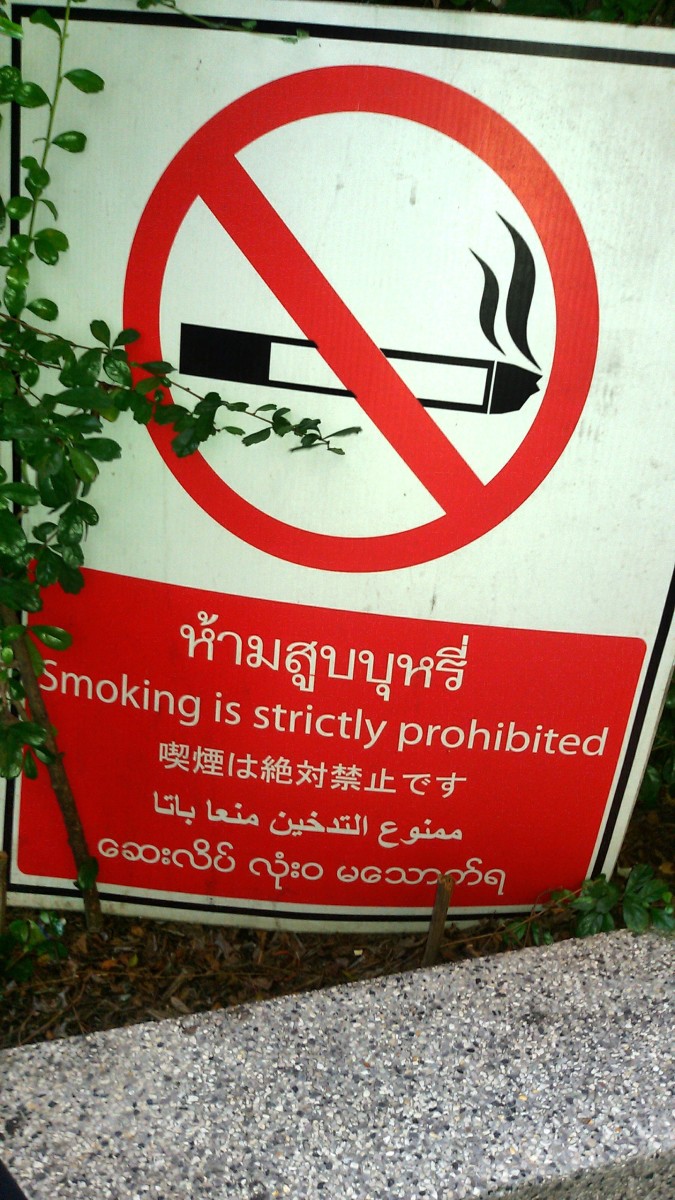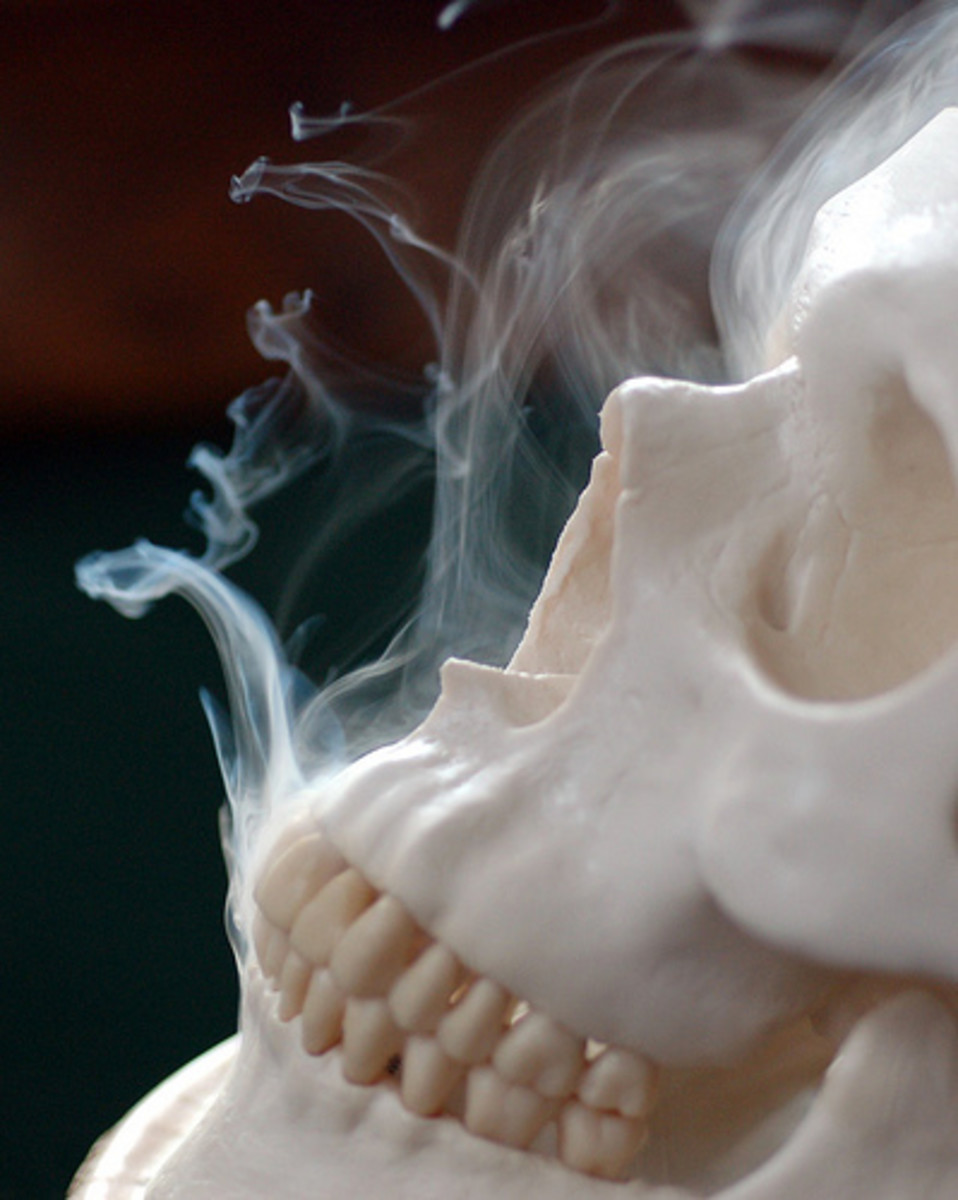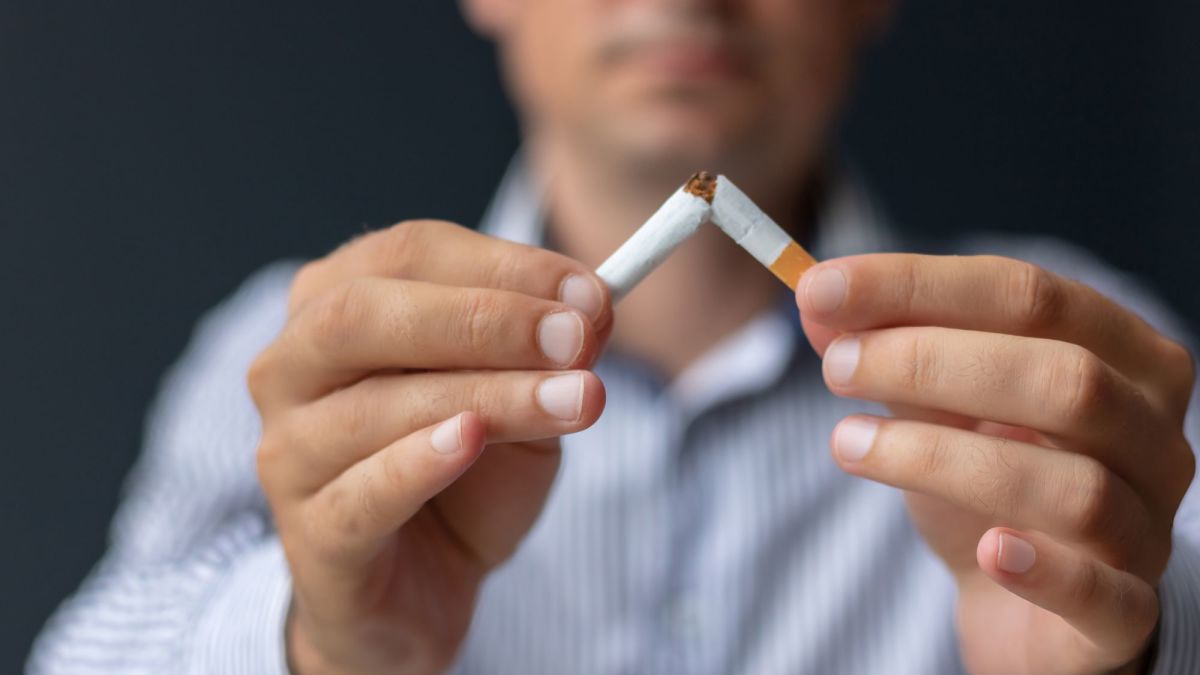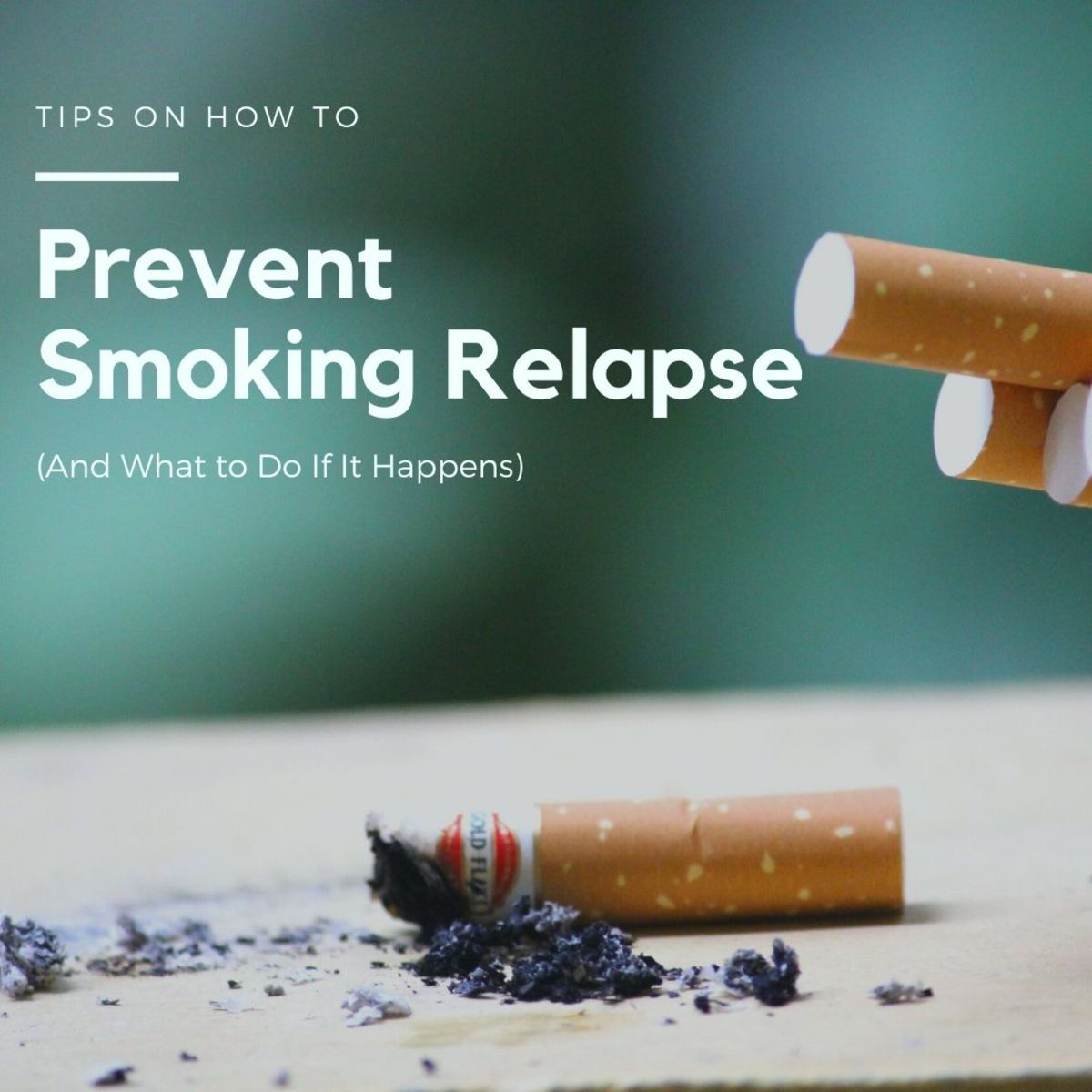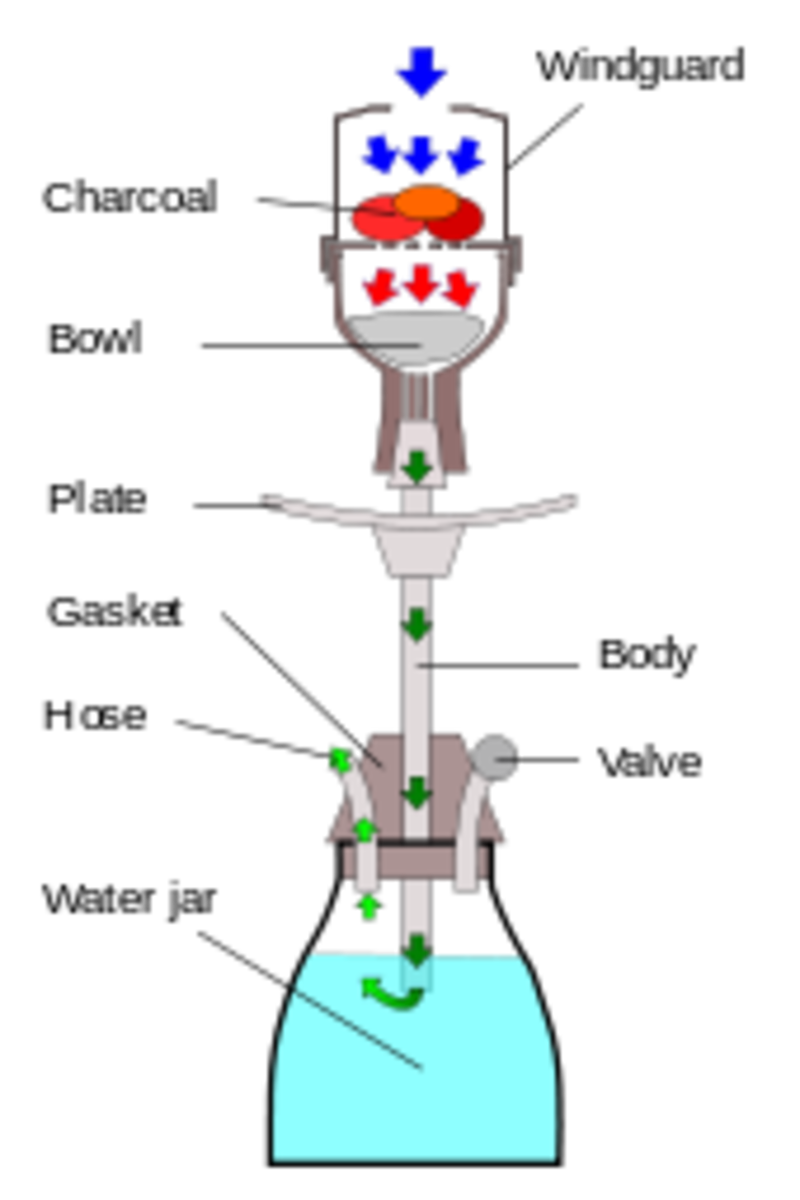Why and How to Stop Smoking
Why do you smoke?
It is important that you know your reasons for smoking. To stop smoking, you must figure out what to do with each reason.
Physical Reasons
- It gets me going
- It calms me down
- A cigarette helps me think
Behavioral Reasons
- It keeps my hand busy
- It's something to do while I'm on the phone
Emotional Reasons
- Smoking makes me feel up
- I enjoy the taste/Smell
- Helps me cope with my problems
Social Reasons
- Most of my friends are smokers
- It's easier to make small talk when I smoke
- Smoking makes me feel as if I belong
Reasons to Quit Smoking
Physical Reasons
- My doctor says I have emphysema.
Behavioral Reasons
- It costs a lot of money.
- Once I start, I have little control over how many cigarettes I smoke.
Emotional Reasons
- I'm afraid my smoking will harm my loved ones.
Social Reasons
- I'm self-conscious about the way my clothes smell.
Because you've smoked for a long time, smoking has been associated with almost anything that you do. As a result, the things that you do like; talking on the telephone, drinking coffee "triggers" your need or want for a cigarette. What are my triggers?
Driving in the car, reading, watching television, drinking alcohol, drinking coffee, any crisis or argument, or waking up in the morning.
What are the benefits of being smoke-free?
- Plus money saved:
___ X 30 Days =
___ X 12 Months =
___ X 5 Years = - Better skin tone
- Fewer respiratory infections
- No more smoker's cough
- Less risk of lung, heart and vascular problems
- More energy
- More time
- No more holes in clothes
- A clean smell at home and in your car
- No more dirty looks from Nonsmoker
- Clean air for your family
How to Quit
How do I know when to stop smoking?
Two common ways to stop smoking are gradual reduction and cold turkey. Most smokers are more successful if they abruptly stop all tobacco use. You may find it helpful to reduce the amount you smoke before your actual stop day. You may do this by cutting down on:
- The number of cigarettes smoked each day
- The amount of time allowed for smoking
- The places allowed for smoking
A well-thought-out combination of all three changes is most successful. If you choose to cut down, decide to smoke in only a few places. Make these places as inconvenient as possible and stick to your decision. While smoking, DO NOTHING ELSE. Make a choice to separate smoking from your other actions and habits. For example, if you normally smoke while talking on the phone, wait until the call is completed. Then go to your smoking area to smoke.
What is the recipe for success?
Planning is important in reaching any goal in life. Few things change without our working to implement change.
Stopping smoking is an important process that requires careful planning.
The process of stopping smoking requires a series of choices and changes that lead to a goal. The process begins with awareness of the requirements for stopping smoking:
- A commitment to stop
- Motivation to make changes.
- Willingness to experience discomfort during withdrawal.
- Persistence in making changes in behavior and thinking to maintain your goal.
- Add joy to the process
Learning to live smoke-free takes time. You will feel awkward and uncomfortable at first. You may feel angry, sorry for yourself, resentful of those who still smoke and may often wonder if the goal is really achievable or worth all the struggle. The feelings of loss and awkwardness are all part of the process, but the rewards are great.
You may even experience a "lapse" where you smoked a puff or two. If you let it, this lapse can lead to a relapse and you find yourself smoking as before or even more heavily.
If you give up hope, this relapse becomes a collapse. However, you have the power to choose how you will handle a "lapse". If you identify the problem, learn from it, or do something about the reason you lapsed, and maintain a positive attitude, you will continue on your way toward maintaining a smoke-free life.
Breaking your smoking pattern
Some smokers think that to stop smoking is simply a matter of willpower. They think they will get up some morning, throw away their cigarettes and never want to smoke again. For most smokers stopping is more than this. It is a process which begins with a decision. There are some changes you make in you Thinking and behavior, which will improve your motivation as you move toward your chosen, quit day.
Making changes in your smoking pattern will put you more in control of your smoking. It will remove cigarettes from the comfortable role they play in your everyday ways of coping with situations, feelings, etc. For most people, these controls will reduce the number of cigarettes smoked. Reducing the number of situations and feelings that you identify with smoking will make it easier to stop completely on your chosen stop day.
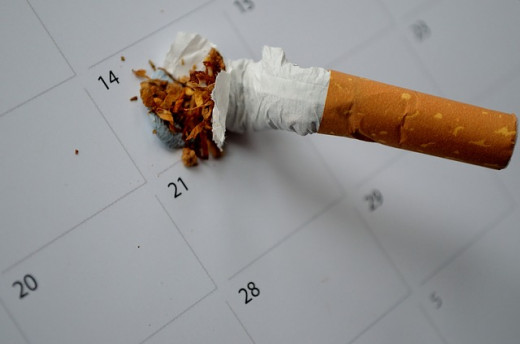

How do I prepare for quit day?
PLANS FOR STOP DAY
On the day you stop smoking, it is important that you are prepared to make changes in both the way you think and the way you act.
1. REMOVE AS MANY "TEMPTATIONS" AS POSSIBLE:
- Make sure all cigarettes are destroyed. Do not keep any in your possession - in the house, in the car, or at work.
- Get rid of all smoking reminders such as ashtrays, lighters, etc.
- Schedule a day that is as stress-free as you can make it.
2. GET SUPPORT FROM PEOPLE HELPFUL TO YOU:
- Talk to an ex-smoker. Find out how he/she stopped.
- Talk to a friend or relative about your stopping smoking and how important it is to you.
- Join a support group for people who have decided to stop smoking.
3. CHANGE YOUR USUAL ROUTINE:
- Flush the nicotine from your body by drinking a lot of water.
- Drive a different route to work.
- Don't sit in your favorite chair.
- Keep busy. Begin some project that you have been putting off.
- Stay in nonsmoking areas as much as possible.
- Take a 20-minute walk at a brisk pace - if medically advised.
- Get plenty of rest.
4. COPING WITH THE URGE TO SMOKE:
- Realize that the body's urge to smoke will go away in a 5 minutes, if your do not dwell on it.
- Talk to your doctor or counselor about taking medications that may make nicotine withdrawal more manageable.
- Do deep-breathing exercises.
- Brush your teeth.
- Keep your hands busy.
- Think about some aspect of smoking that is negative to you.
- Use humor
- Leave the scene of the urge for a few minutes, if possible.
- Think about some enjoyable activity or relaxing place for a brief time.
- Call someone and talk about your feeling.
- Avoid Negativity
- Manage anger
- Manage Stress
5. CHANGE THE WAY YOU THINK ABOUT SMOKING:
- Recognize that "just one" cigarette can undo all your hard work and lead you back into old patterns.
- Don't worry about tomorrow, next week, or the "rest of your life". Just take it one day at a time, one urge at a time.
- Remind yourself of the benefits of stopping smoking. Reread your list of personal reasons to stop smoking.
- Review your progress often and give yourself many positive messages and rewards.
- Realize that YOU are CHOOSING not to smoke. No one is making you stop!
6. DEVELOP HEALTHFUL EATING HABITS:
- Limit or avoid coffee and caffeinated drinks.
- Limit or avoid alcoholic beverages.
- Limit sugar intake.
- Drink 8 glasses of water daily.
- If snacks are desired, choose fresh vegetable or fruits, sugarless gum, Melba toast, or mineral water.

Weight Management
If you are afraid that you will gain weight when you stop smoking, you are not alone. Many smokers associate stopping smoking with gaining weight. The fact is that this is not necessarily true. Since nicotine is a stimulant, it may increase your metabolic rate. When you stop smoking, this rate may change with the possible result of an increase in weight of a few pounds. The average weight gain when a person stops smoking is five to seven pounds. What often happens, however, is that new ex-smokers may cope with the urge to smoke by eating more. There may be an increased desire for sweets. Just being aware of these changes may be all it takes for you to prevent the gain of unwanted weight.
Let common sense guide you. Desserts and extra helpings can be avoided if you decide to get up from the table and go for a short walk. A sugar-free candy or mint may help take the edge off your sweet tooth. It may be helpful to use substitutes such as sen-sen, cinnamon sticks, plastic cigarettes, plastic straws or toothpicks. Remember, stopping smoking does not mean that you will automatically gain weight.
Following are some suggestions you may find helpful in controlling your weight while stopping smoking:
- Make stopping smoking your # 1 objective.
- Try to avoid foods that you associate with smoking.
- Weigh yourself regularly (once a week).
- Limit sweets.
- Eat three meals a day to prevent an energy lag and increased hunger which may result in overeating. Eating breakfast is especially important.
- Plan ahead. Have healthful foods available for meals and snacks. Select foods that require a lot of chewing.
- Chew sugar-free gum or hard, sugarless candy if you want something in your mouth.
- Increase your physical activity as much as possible. If you have physical restrictions, ask your physician for advice.


